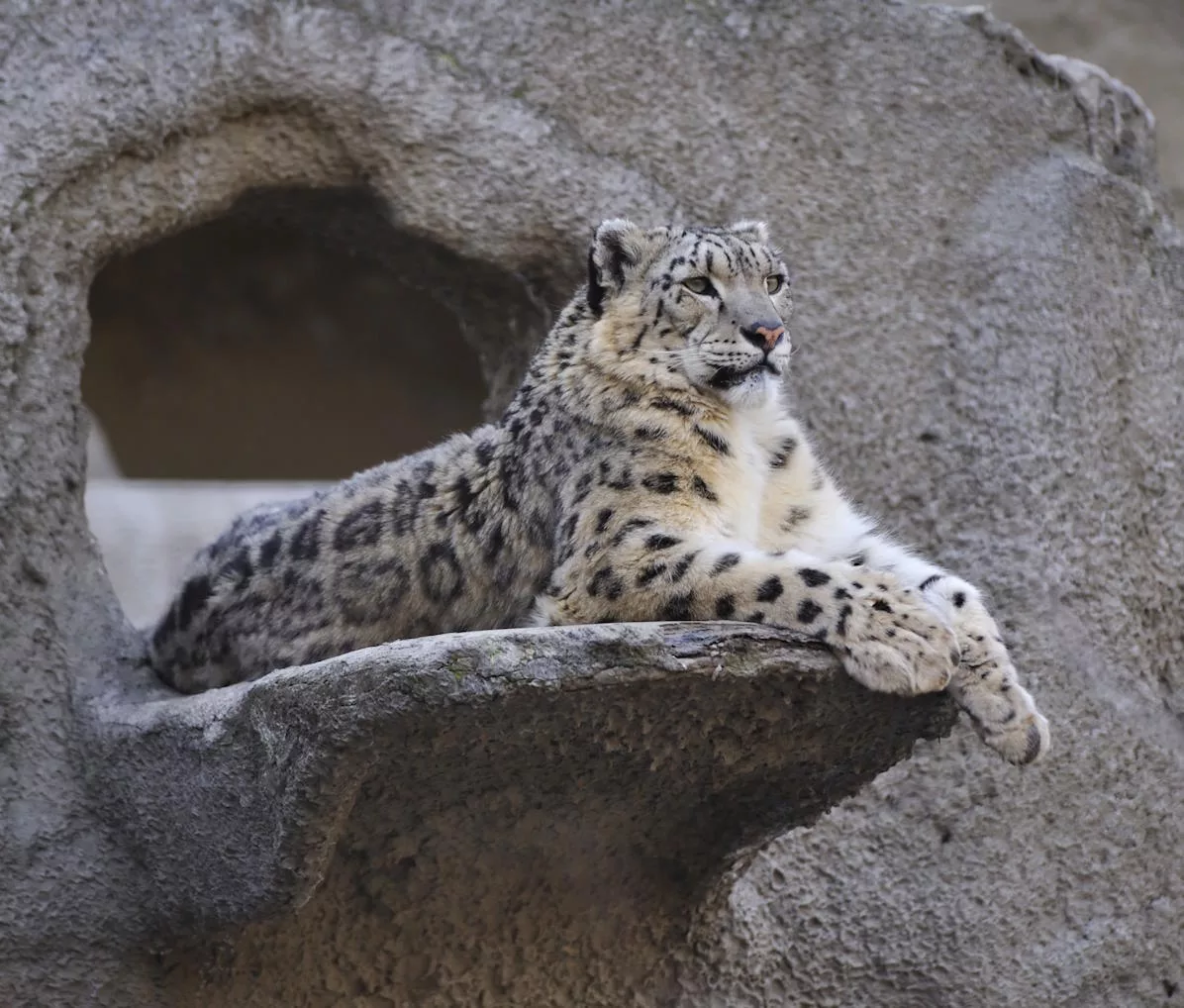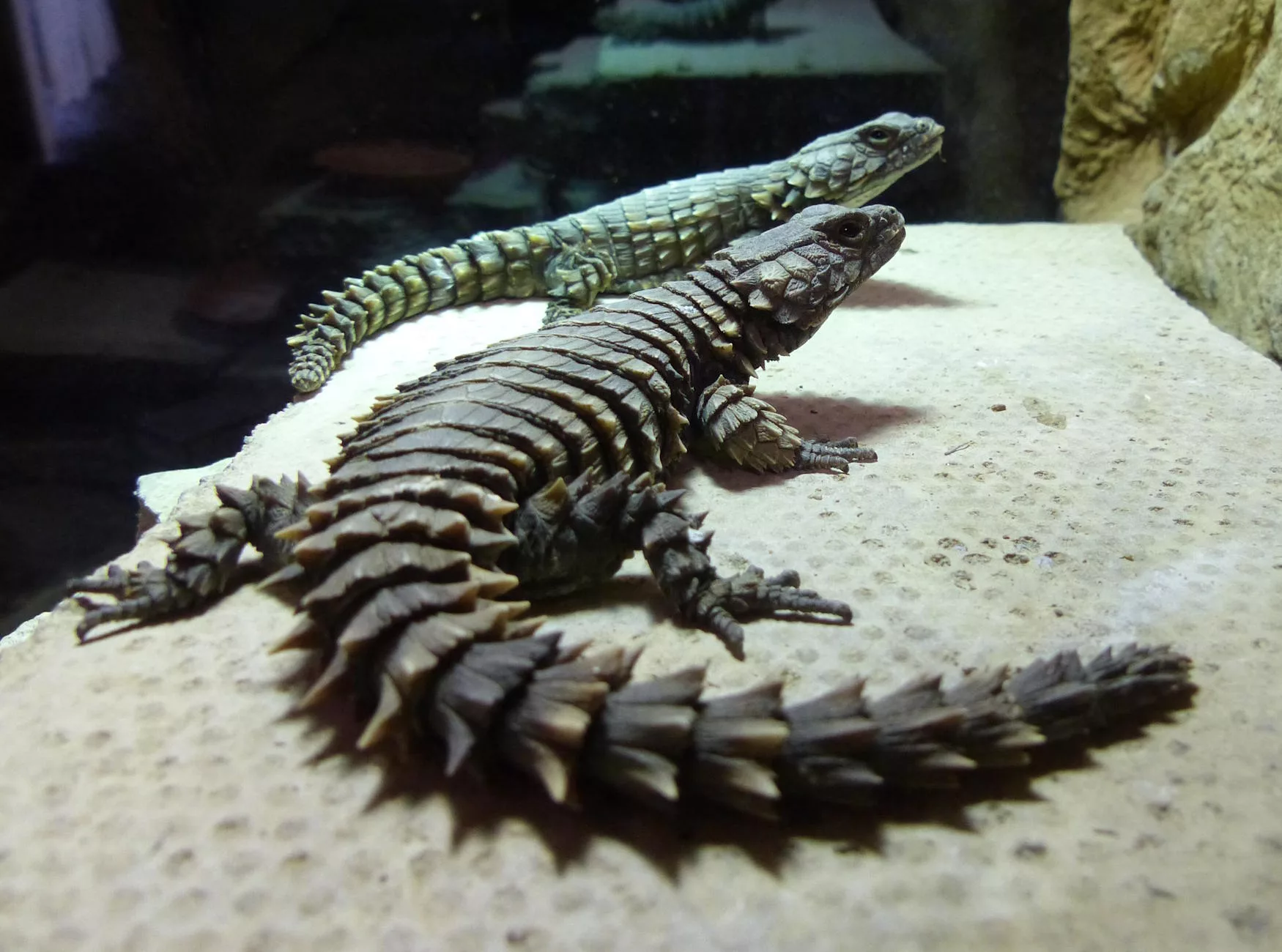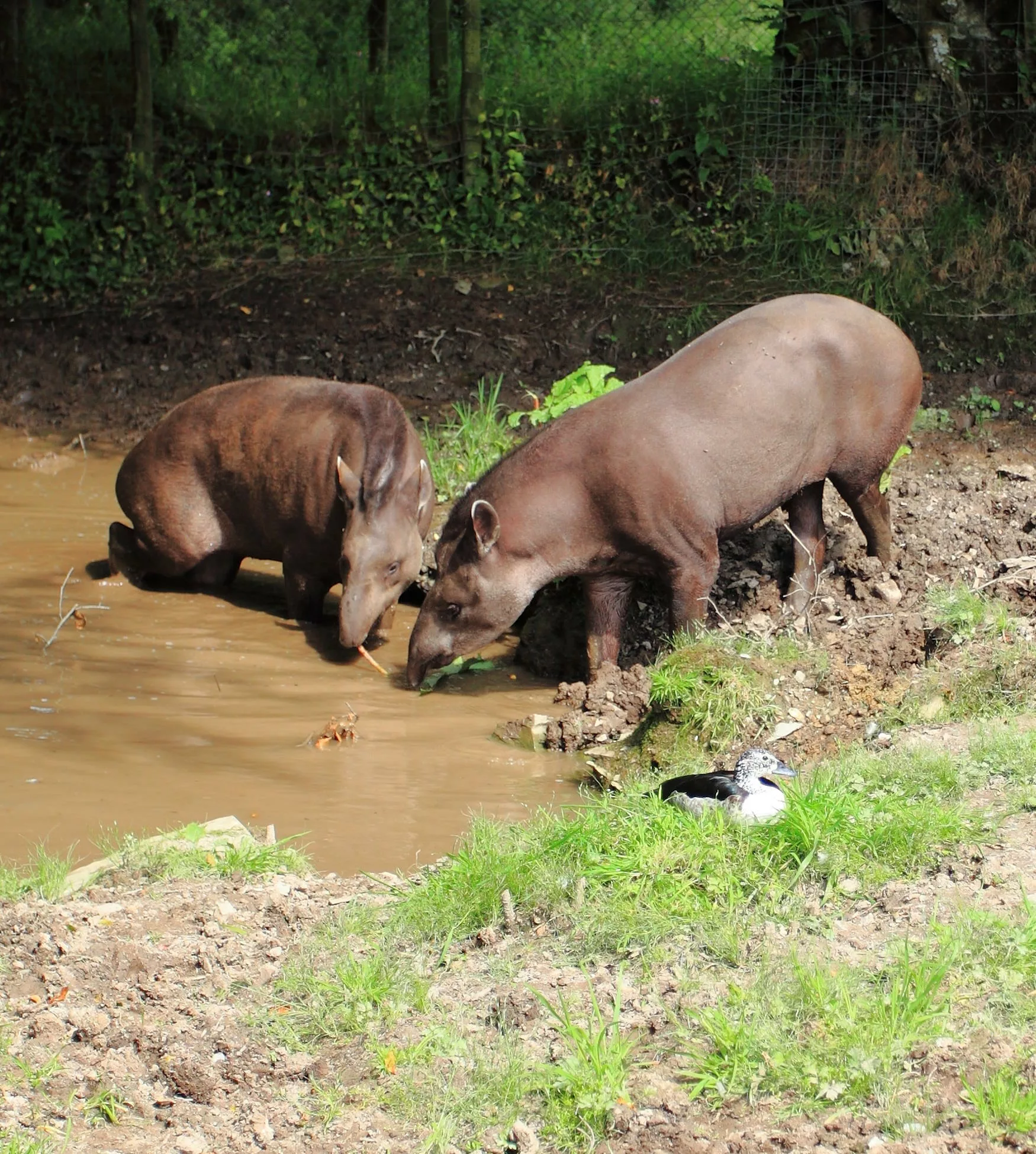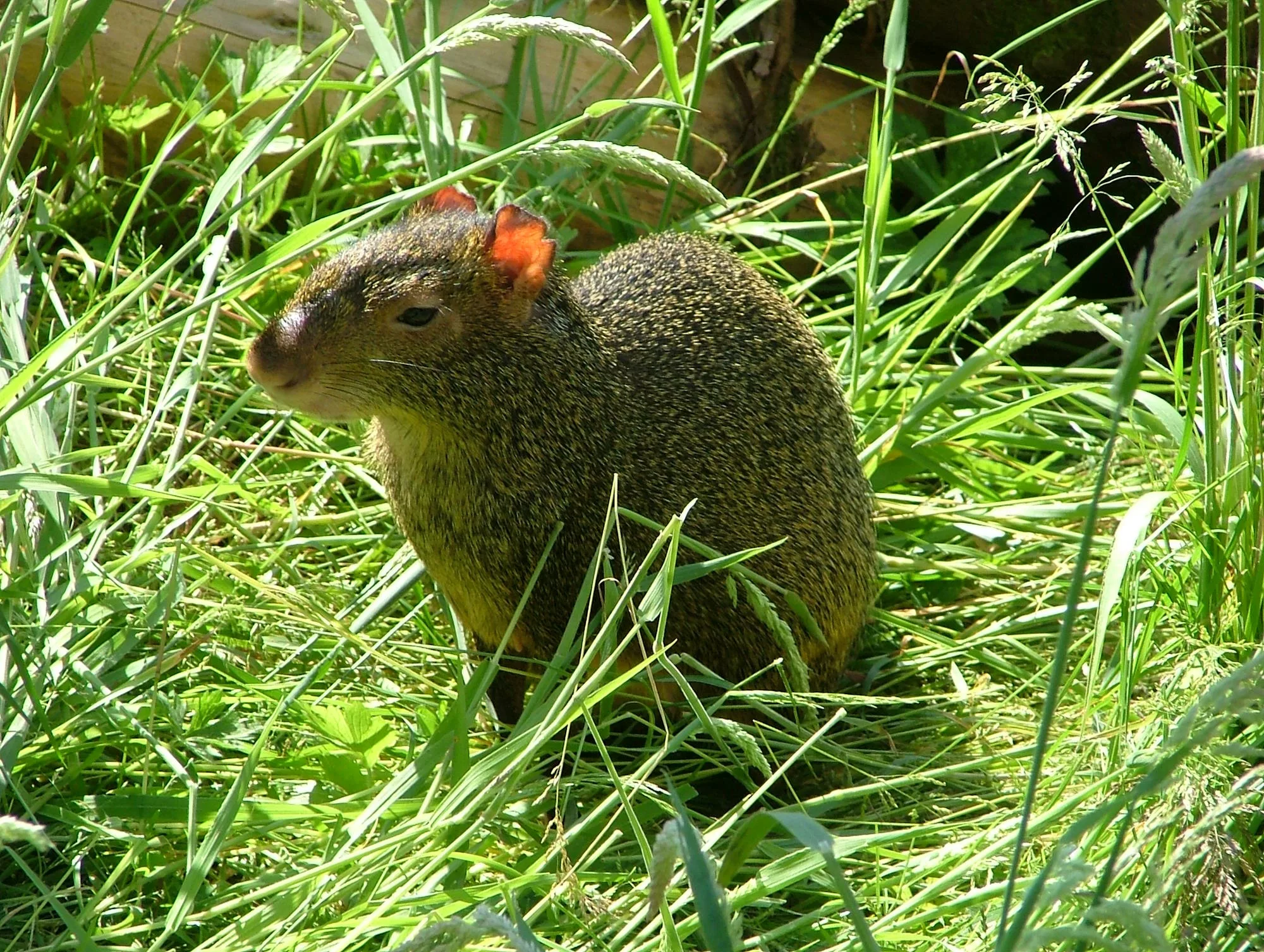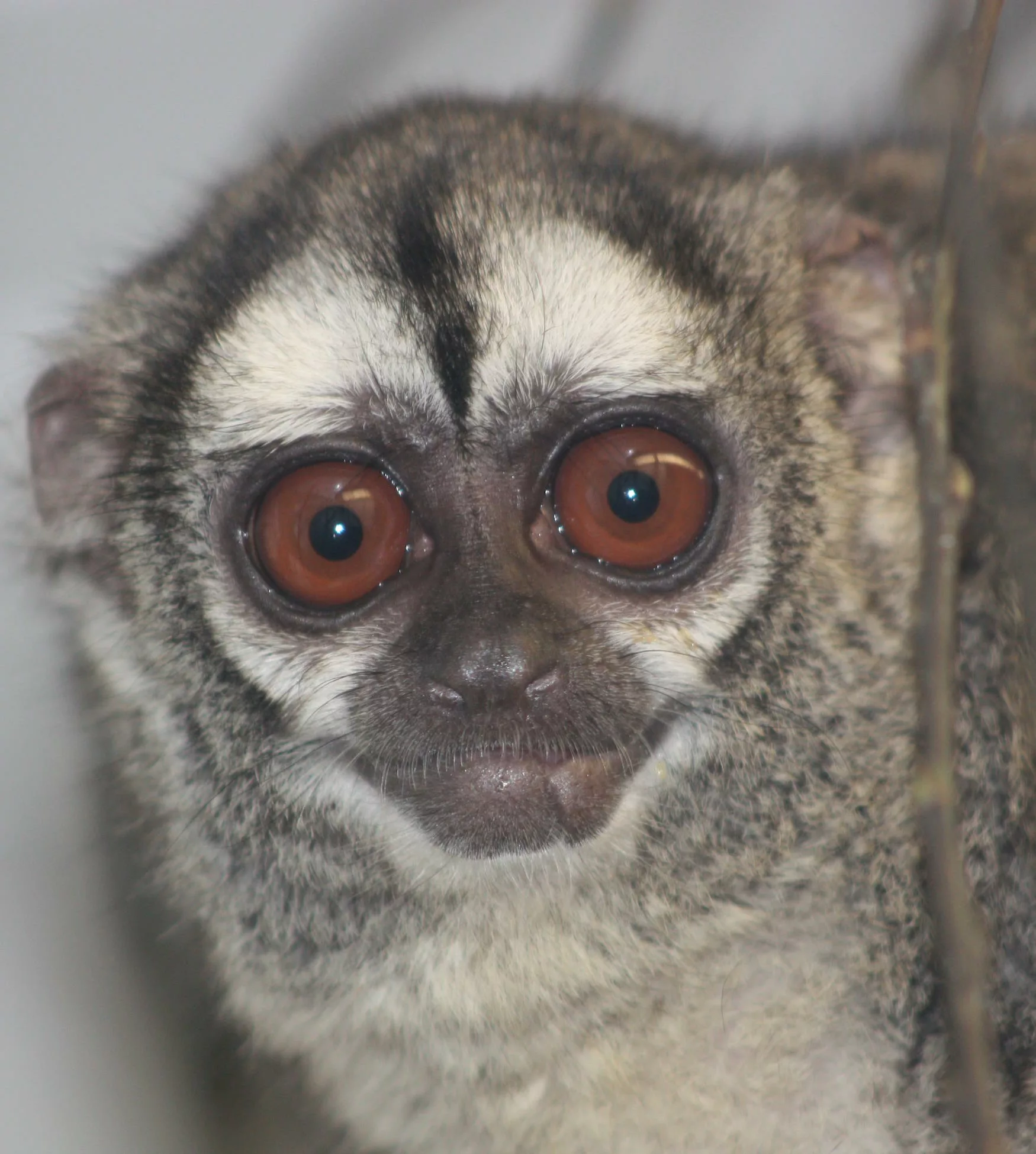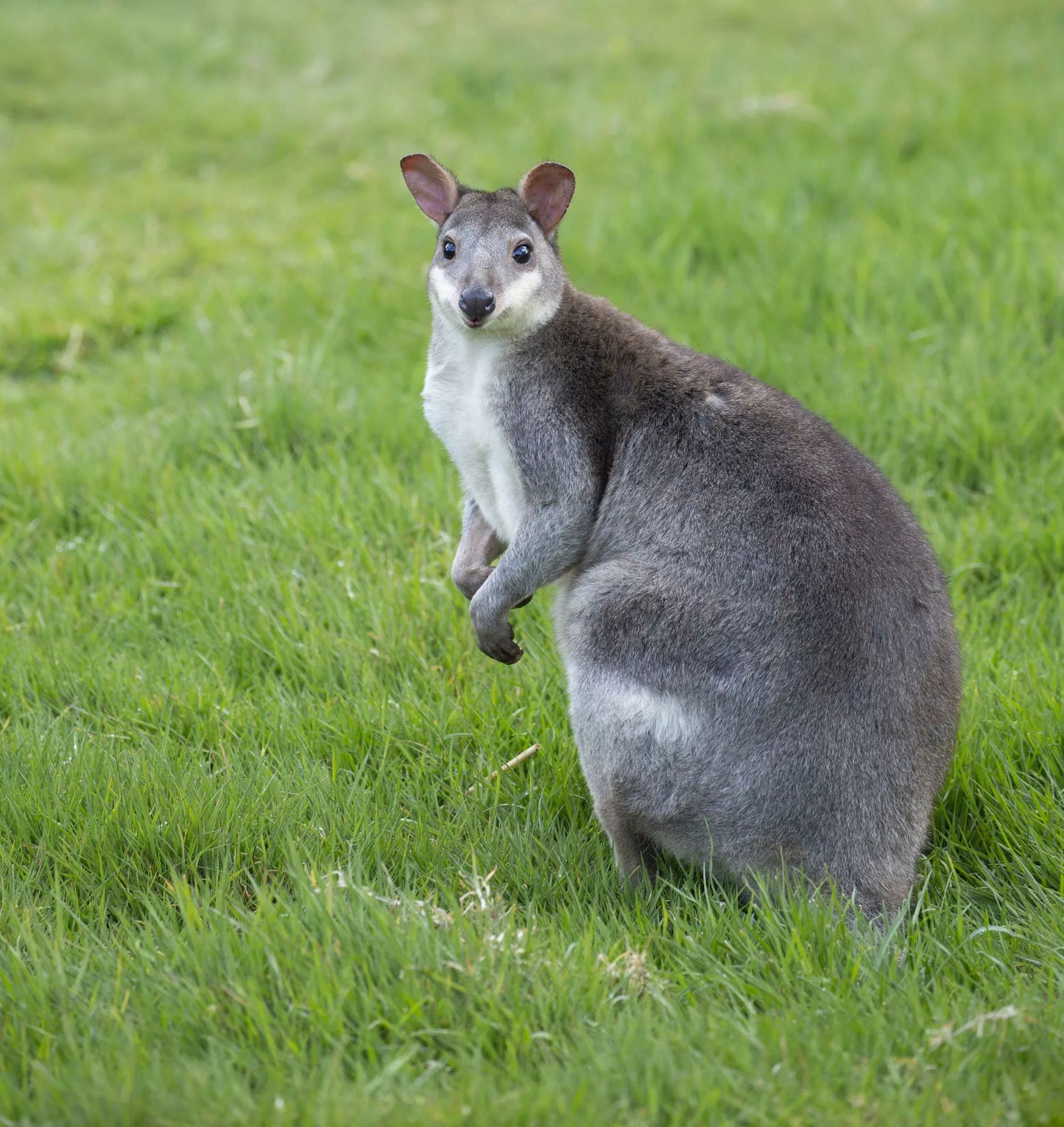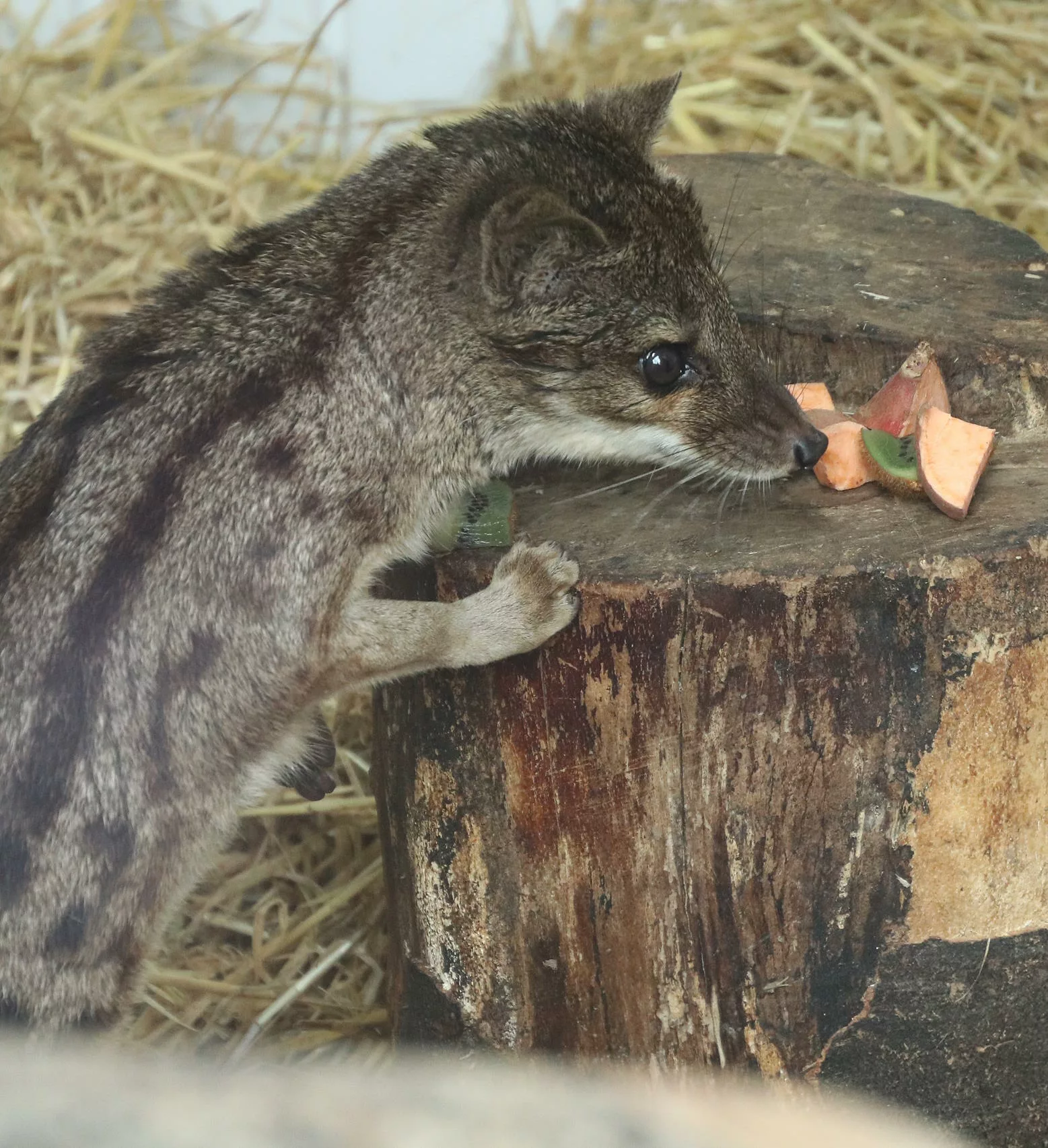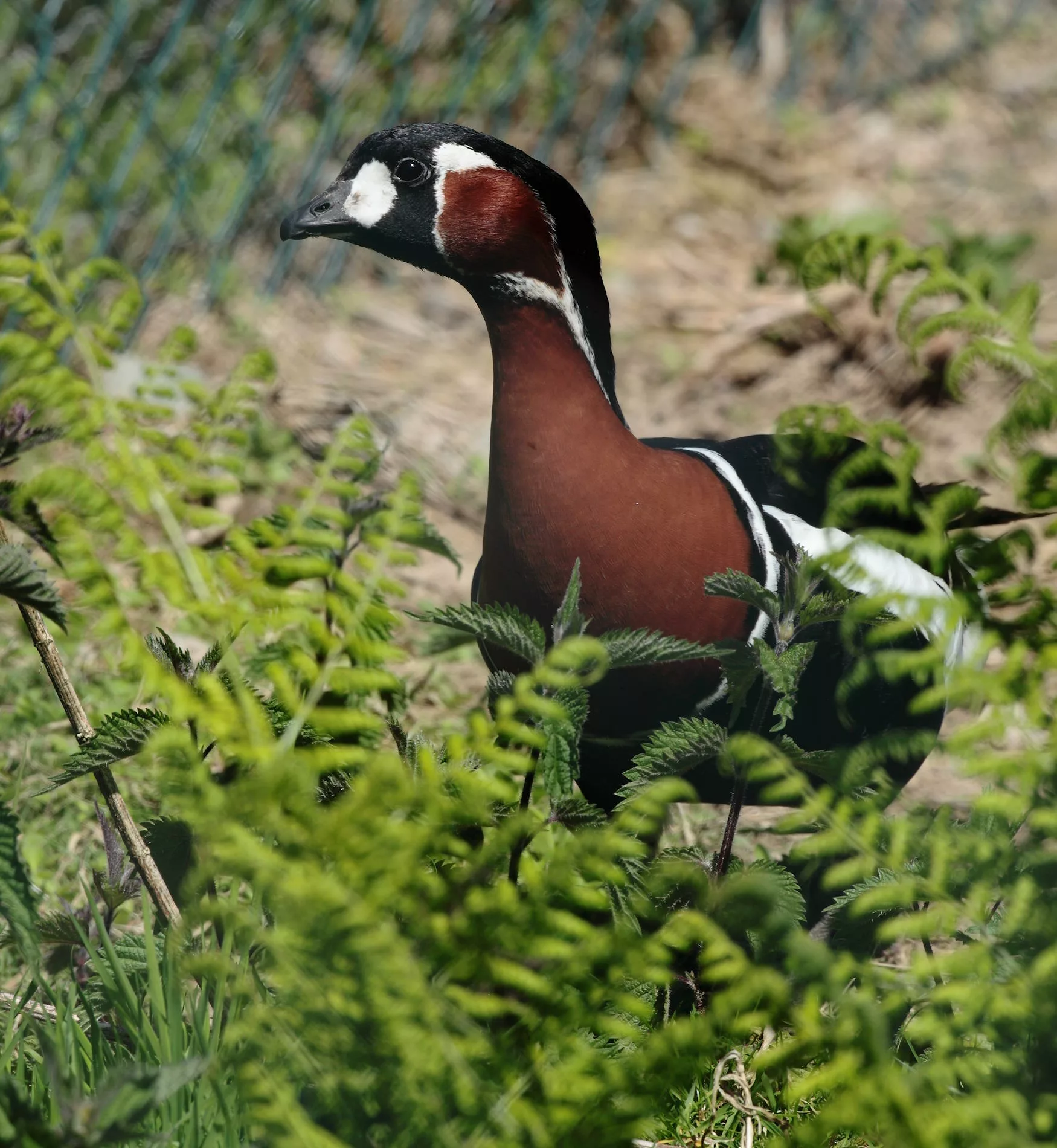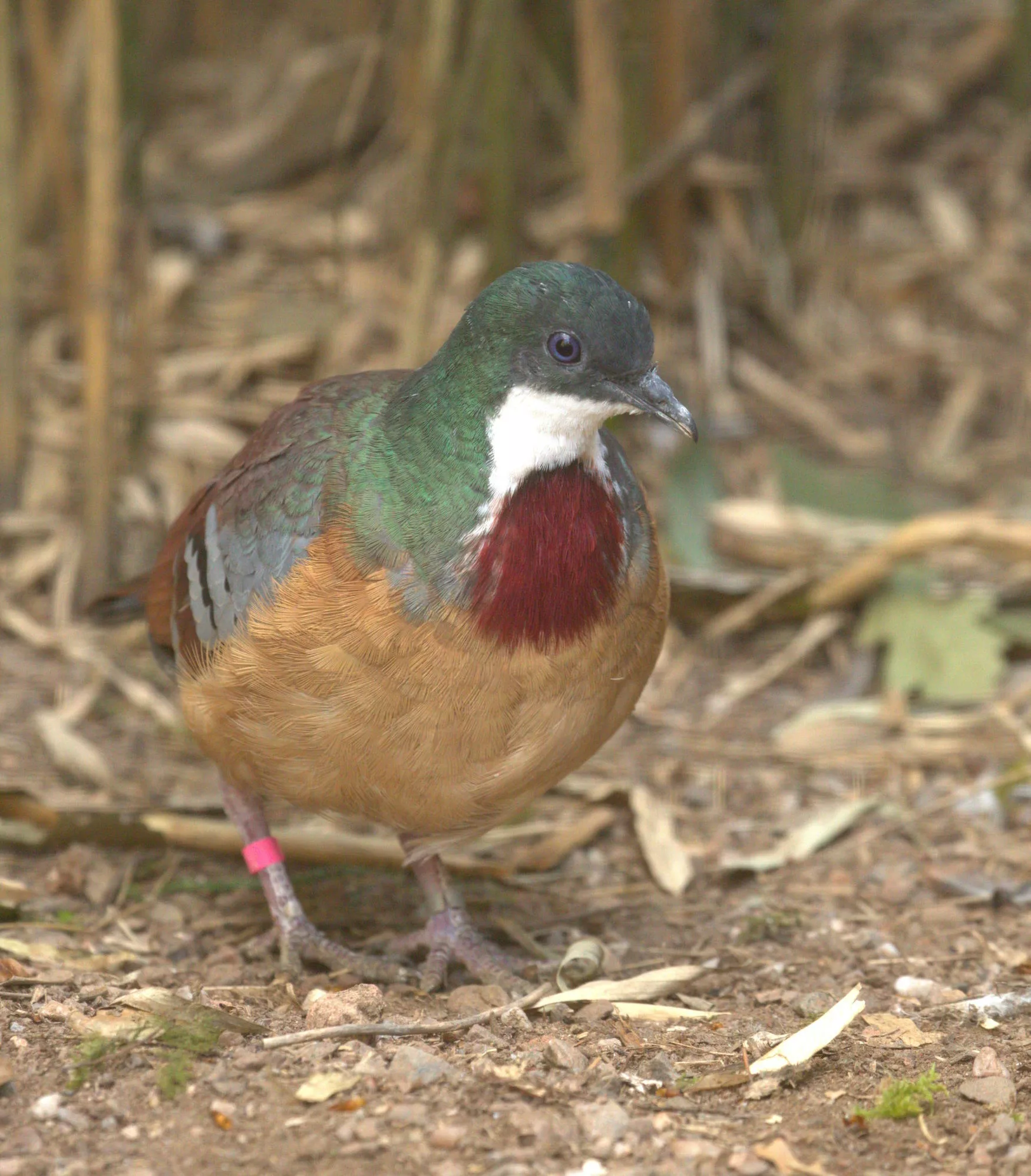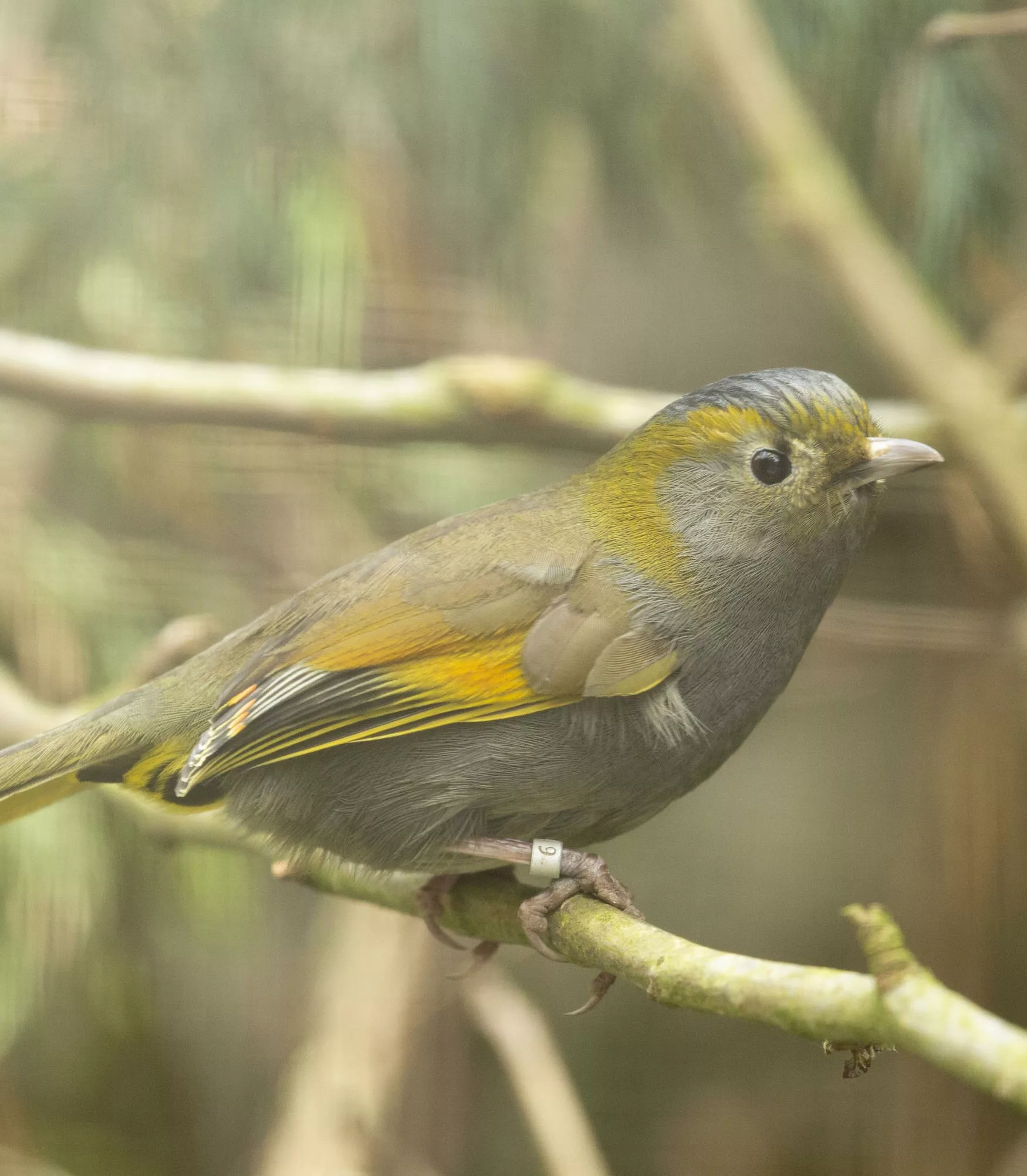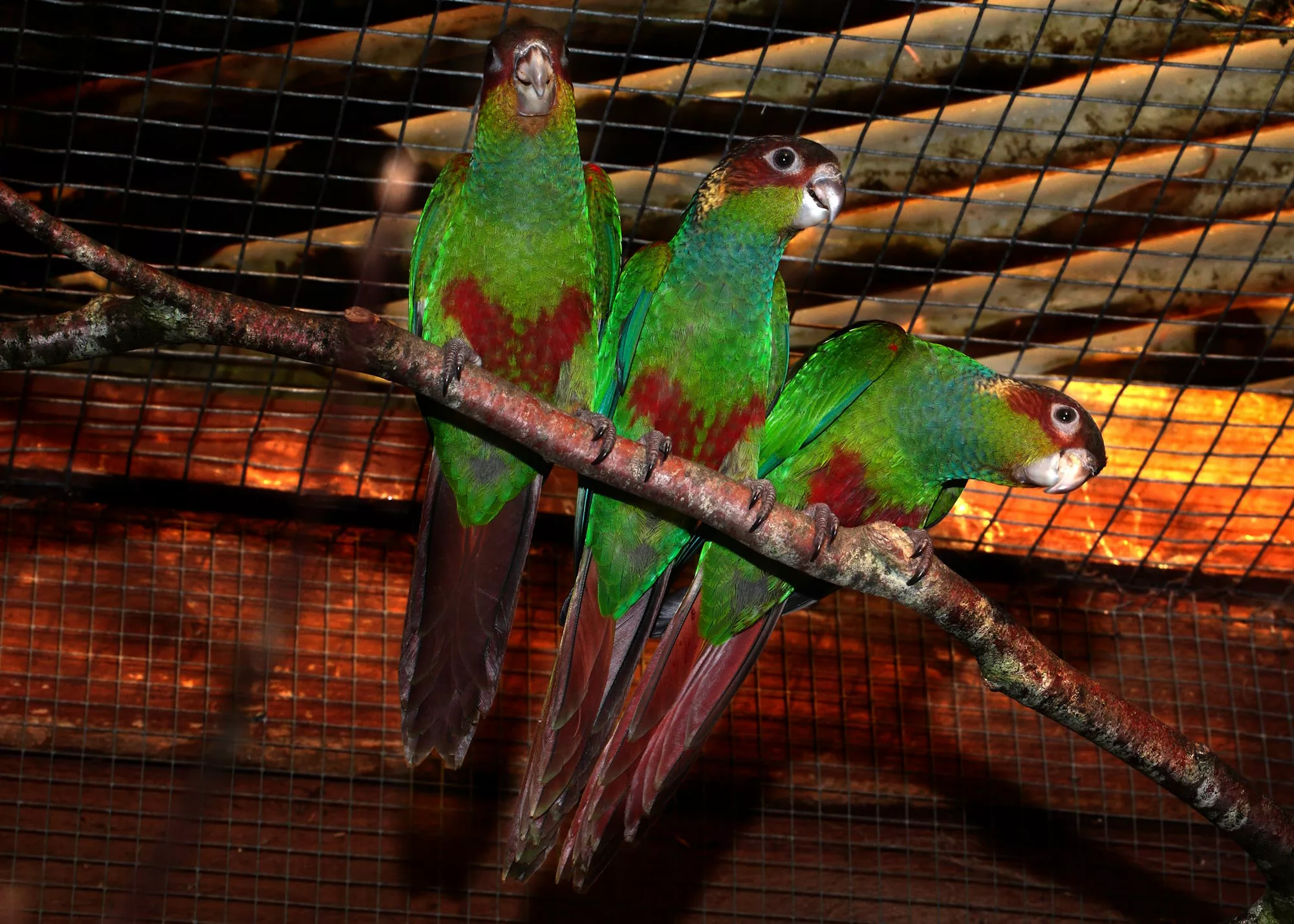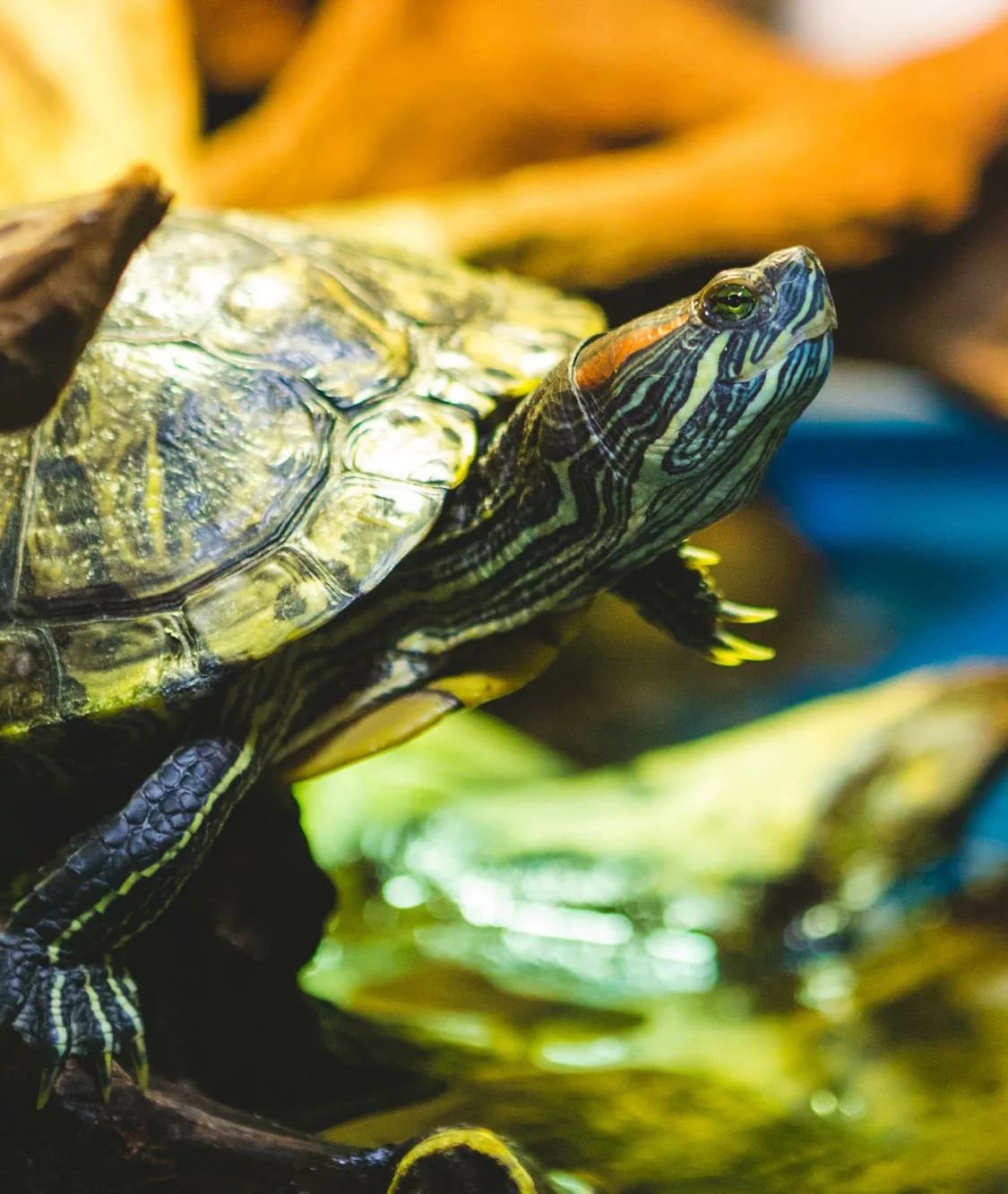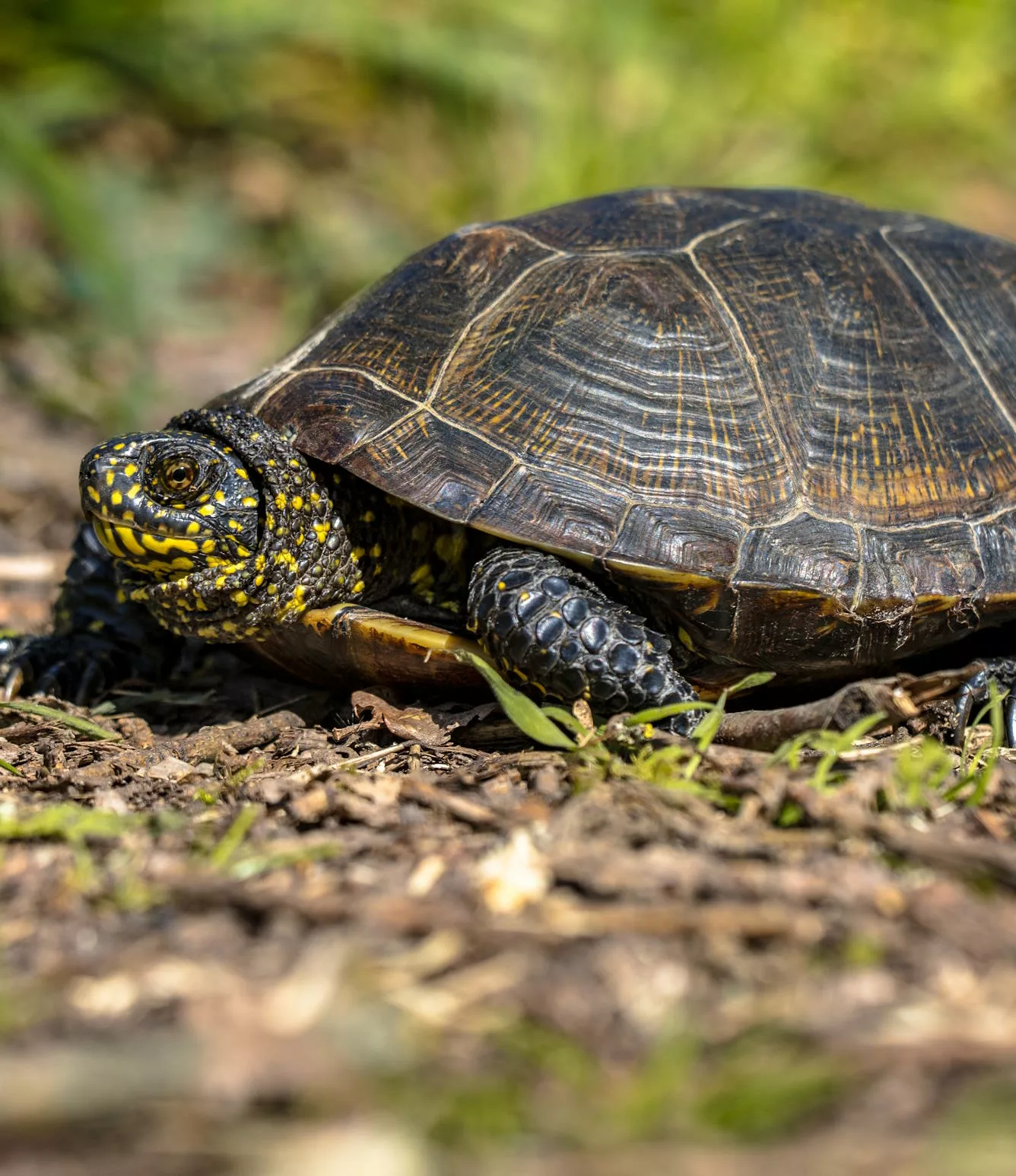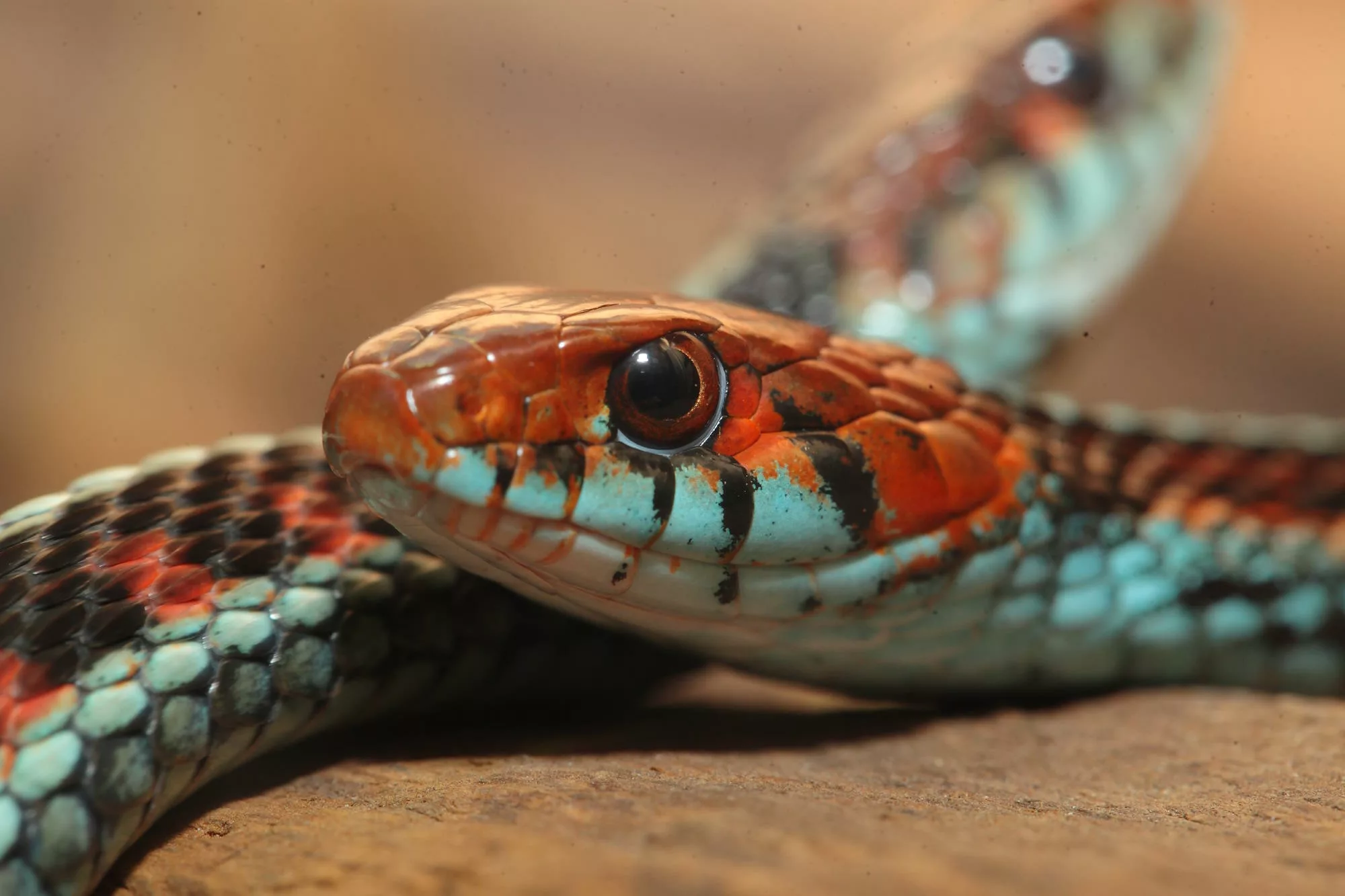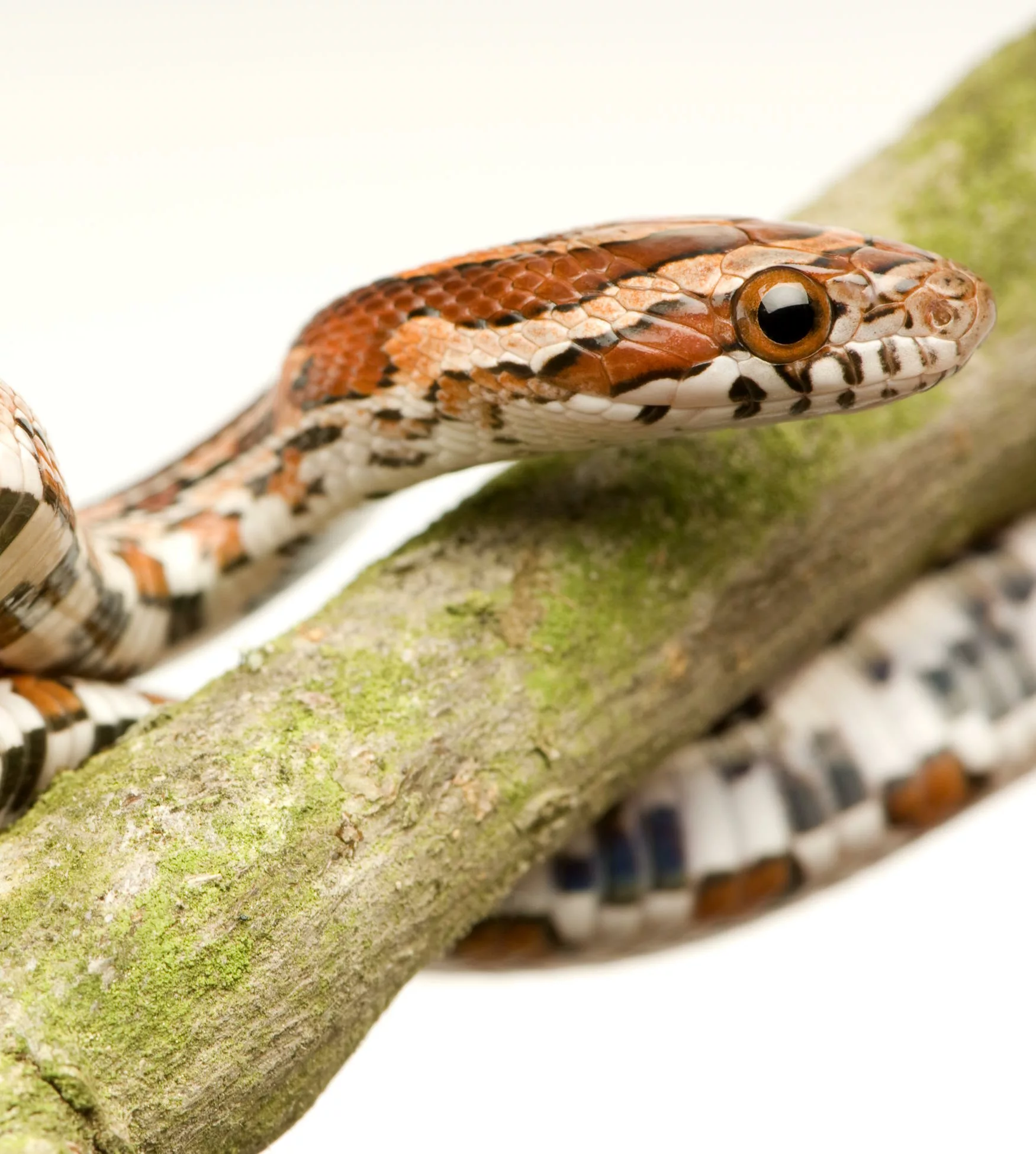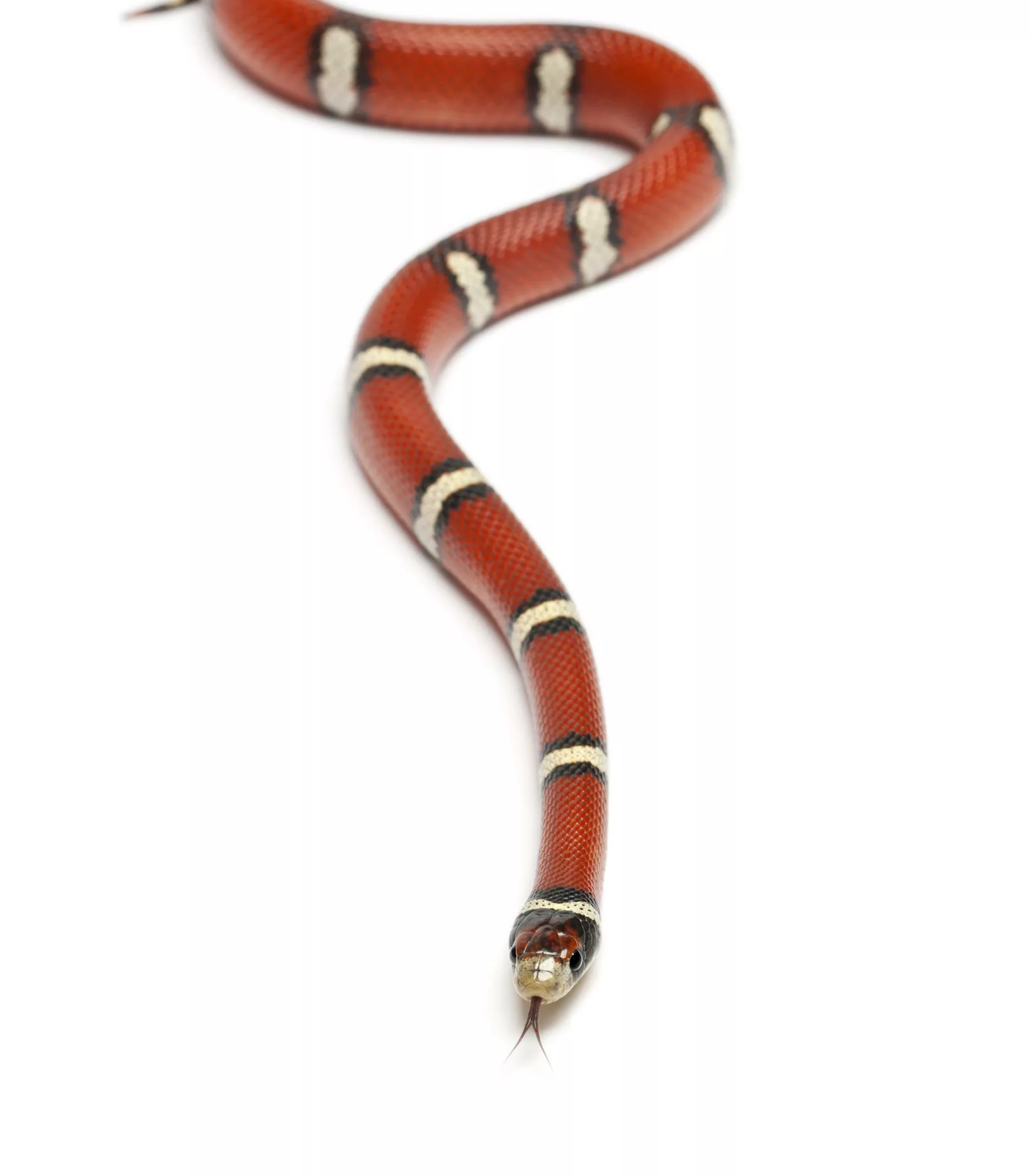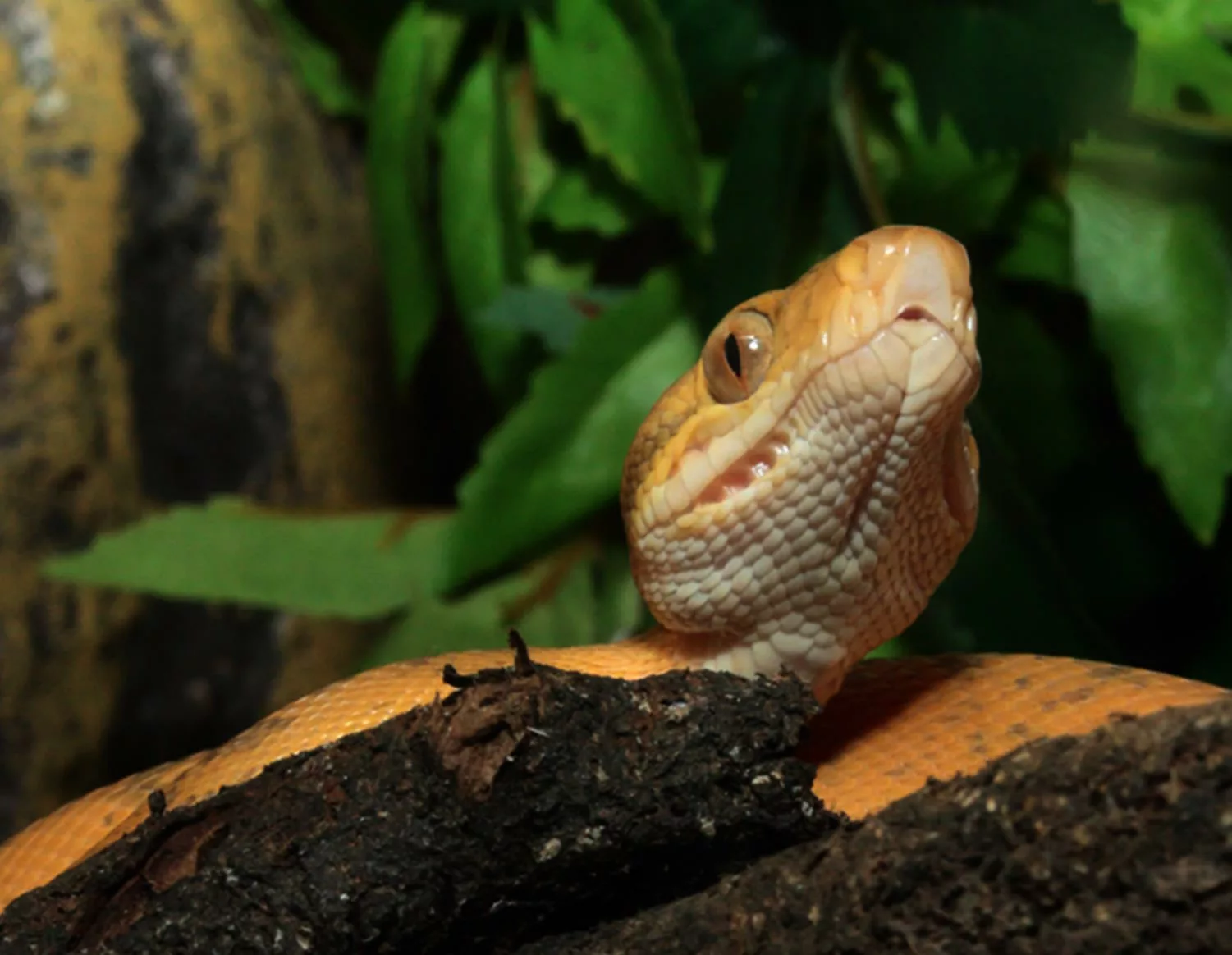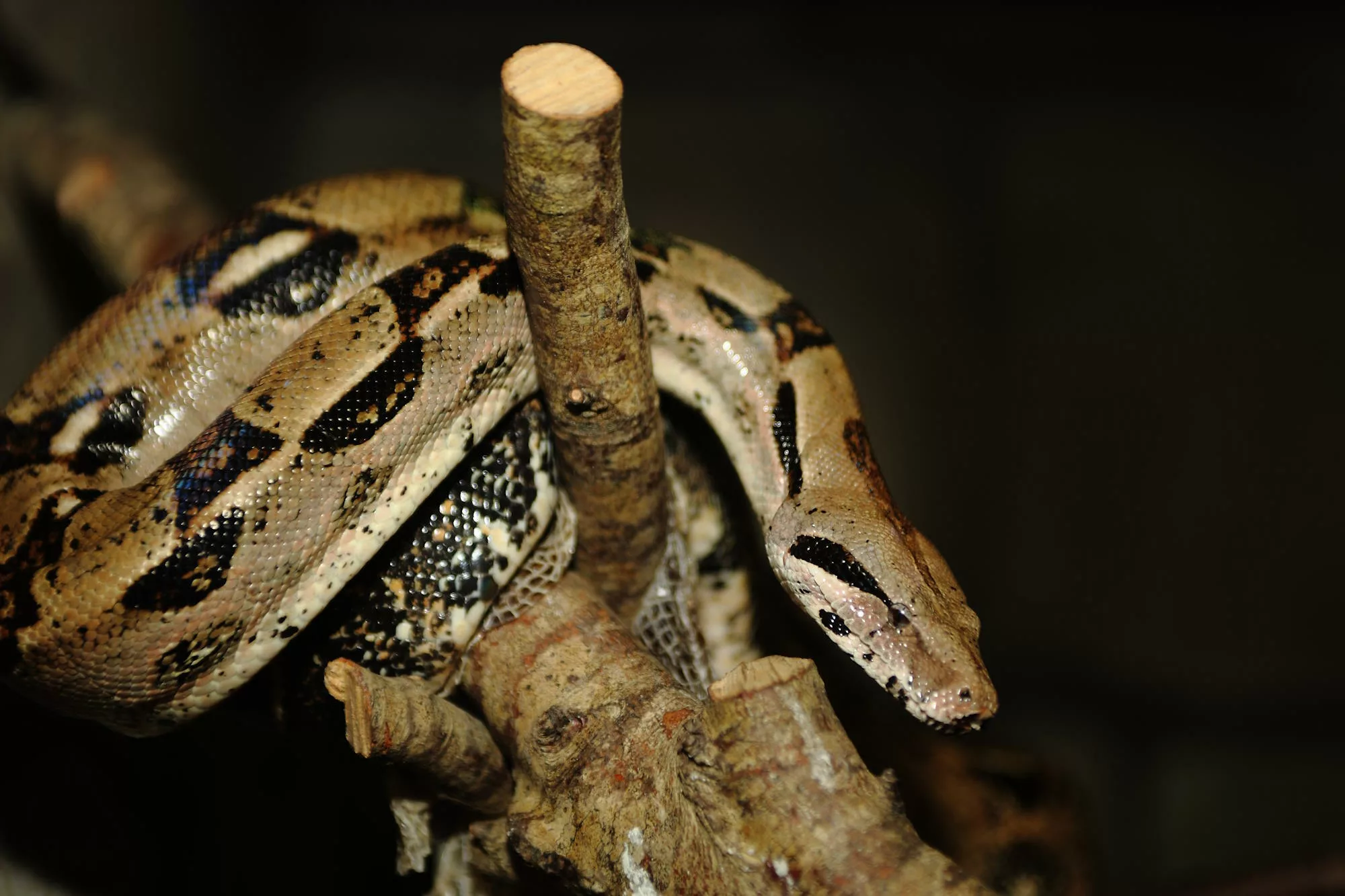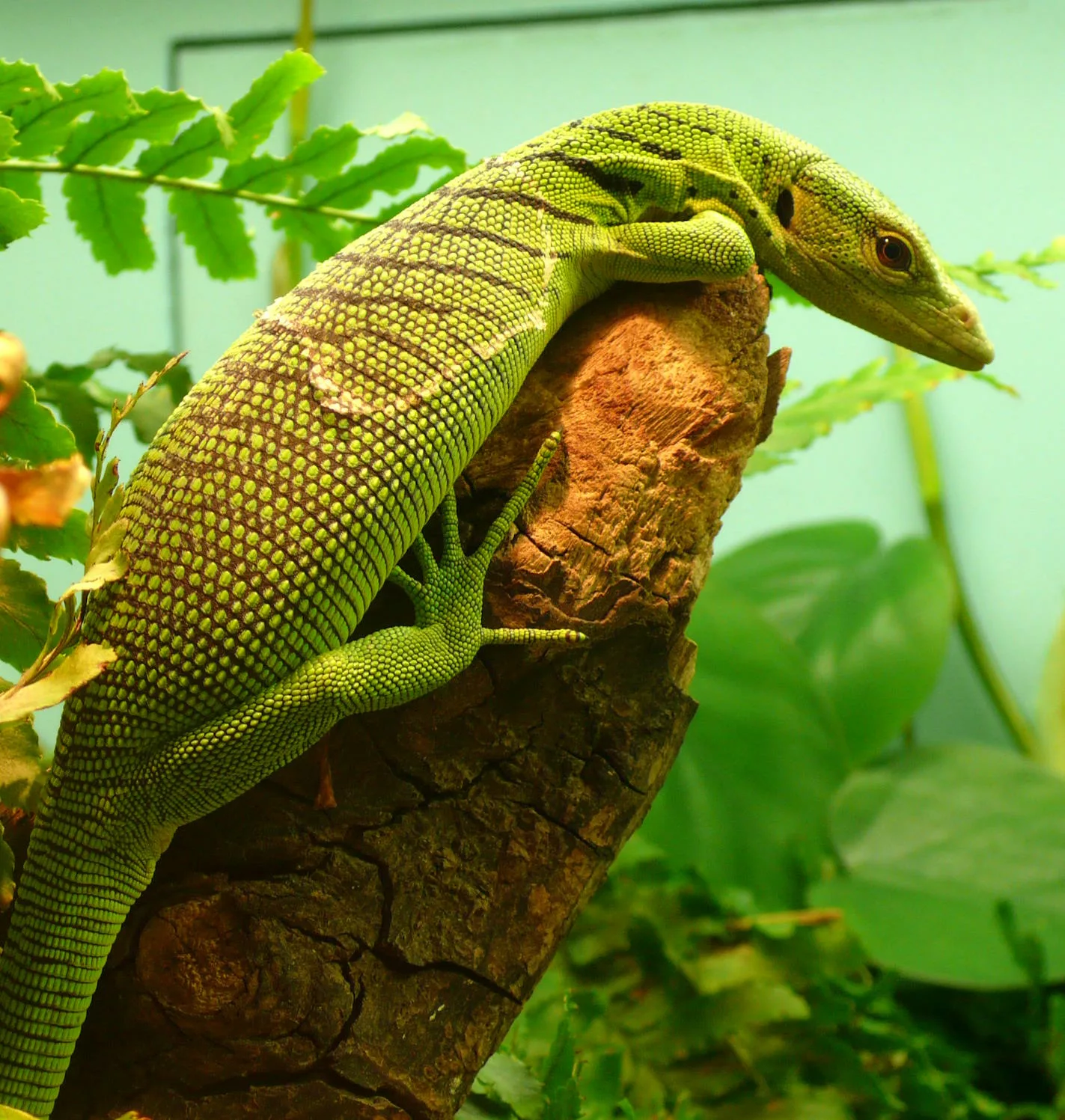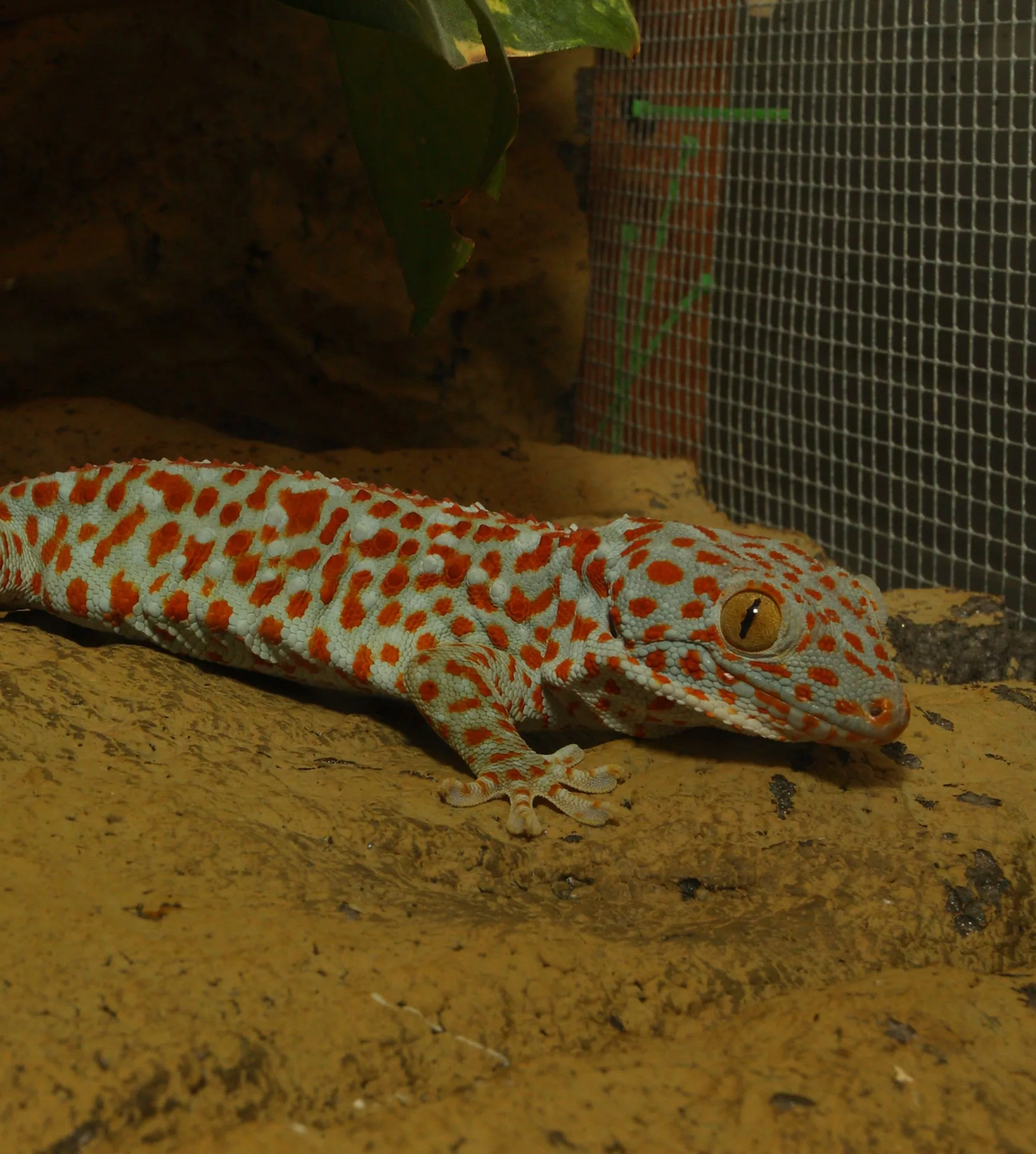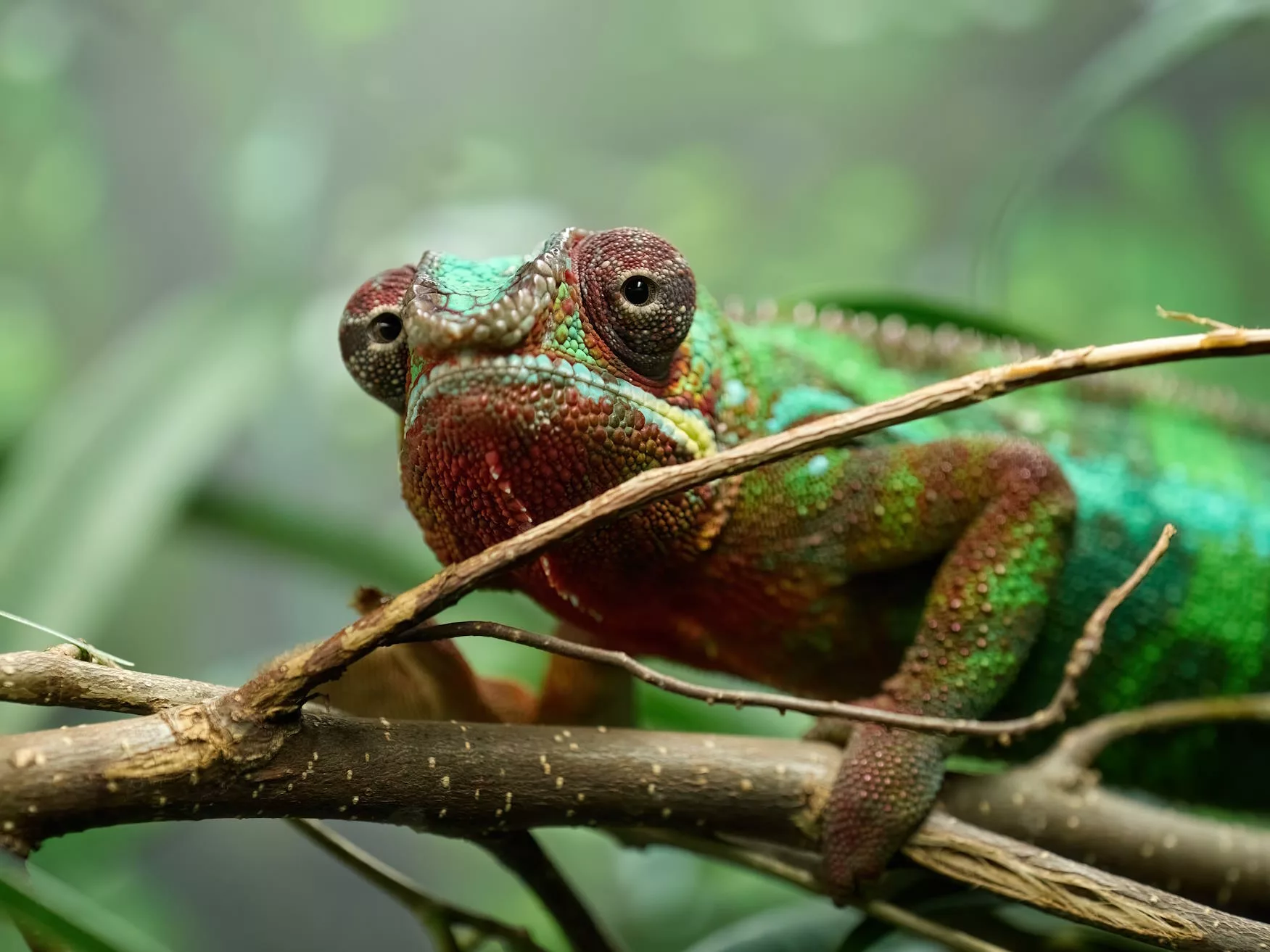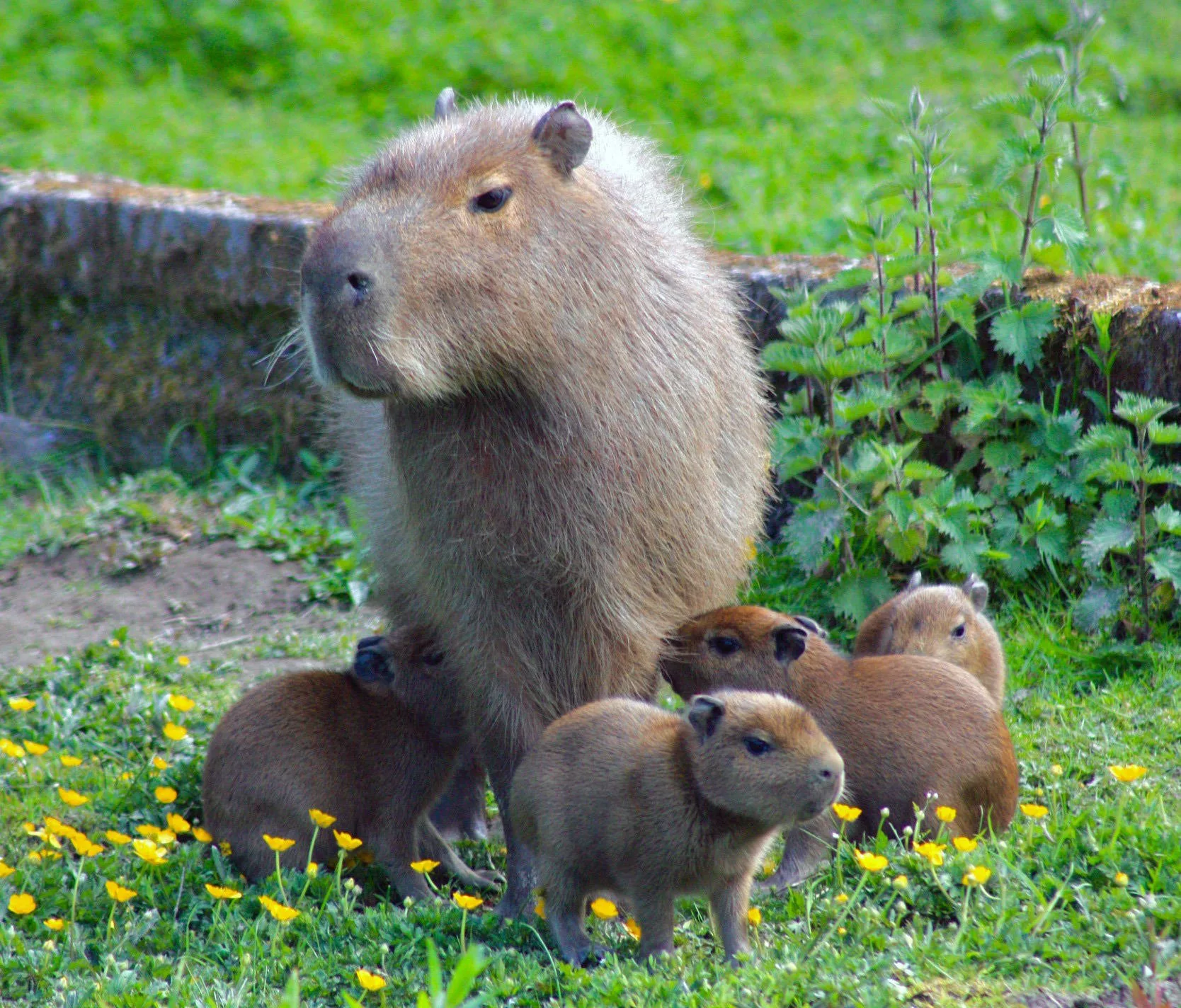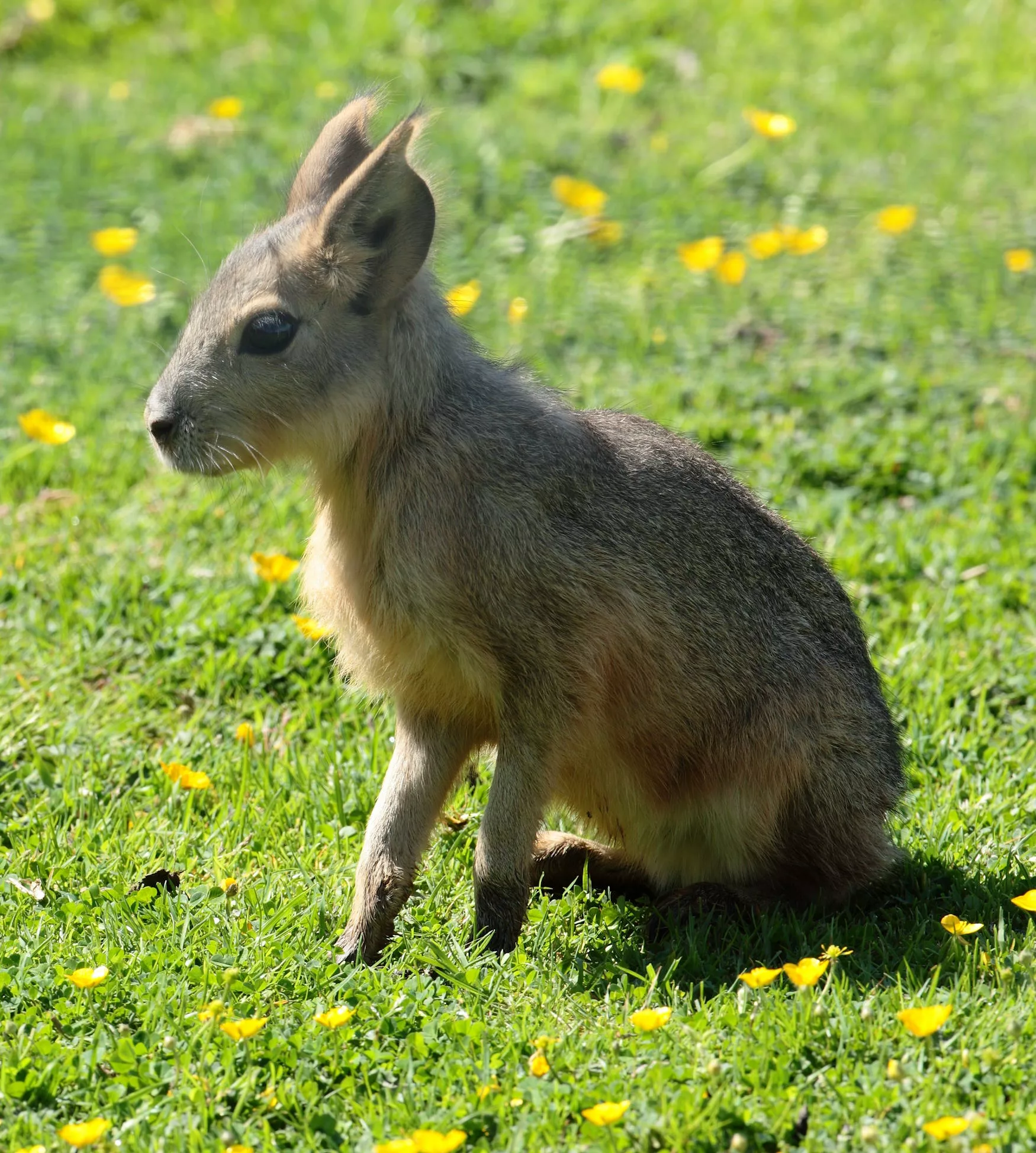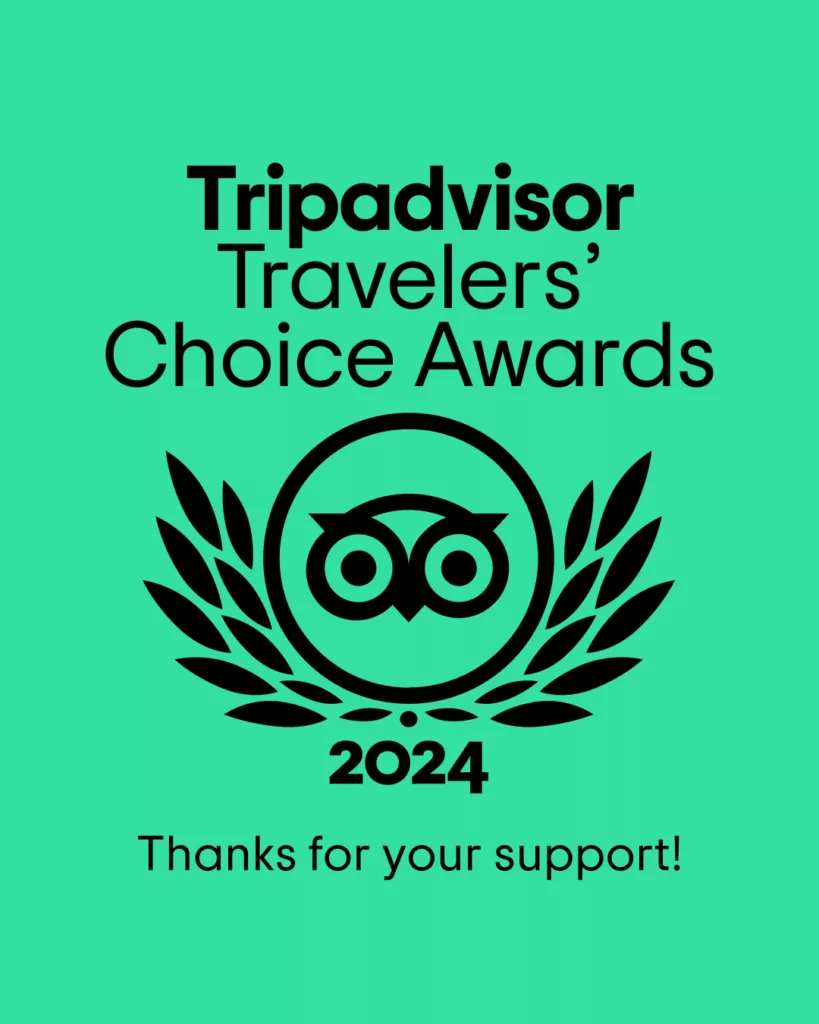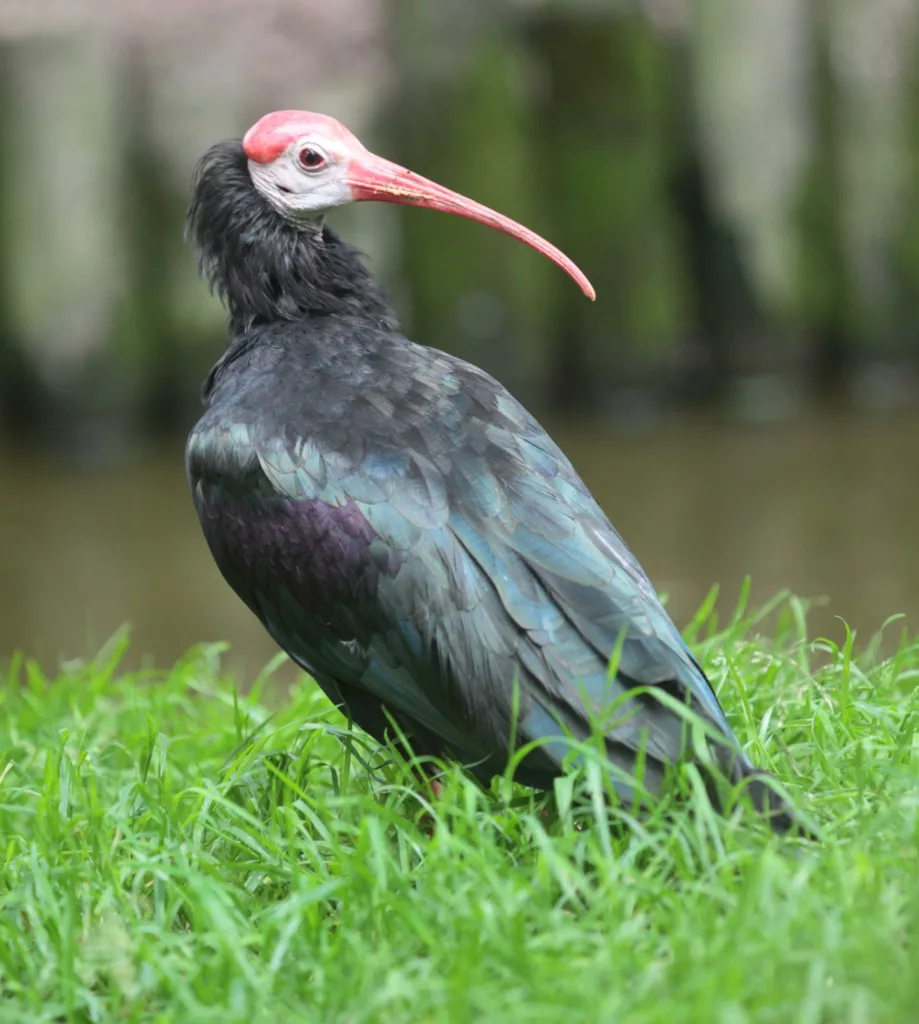
Southern bald ibis
Scientific name: Geronticus calvus
IUCN listed as: Vulnerable
Learn before you visit!
Here are some facts about the species – Discover what they eat, find out about their natural habitat, see what they like to do, and more… Set the reading style to suit you too, everyday speak or something aimed towards children.
Child-friendly
Everyday
Diet
The Southern Bald Ibis primarily feeds on insects and small invertebrates, which it finds in burnt grasslands, overgrazed pastures, and harvested maize fields. They forage by walking on the ground, using their long, curved bills to probe and peck for food. Their diet includes caterpillars, grasshoppers, beetles, earthworms, and sometimes small vertebrates like frogs. This insectivorous diet provides the necessary nutrients for their survival and supports their active lifestyle. Feeding mainly in areas with short grass and burnt vegetation allows them to avoid predators and find food efficiently.
Southern Bald Ibises eat insects and small animals like caterpillars and beetles. They use their long bills to find food in fields and burnt grasslands. This helps them stay healthy and strong. They look for food in short grass to stay safe from predators.
Breeding
Southern Bald Ibises breed in colonies, often on cliffs and rocky ledges. The breeding season spans from late July to mid-October, with females laying 1-3 eggs. The nests are made of sticks and grass, and both parents take turns incubating the eggs for about 26-32 days. After hatching, the chicks are fed regurgitated food by their parents and fledge at around 40-50 days. This cooperative breeding strategy ensures high survival rates for the young.
Southern Bald Ibises build their nests on cliffs and rocky ledges. They lay 1-3 eggs from July to October. Both parents take care of the eggs, which hatch in about a month. The chicks are fed by their parents and can fly in about 40-50 days.
Habitat
Southern Bald Ibises are native to the highlands and mountainous regions of South Africa, Lesotho, and Eswatini. They prefer open grasslands and semi-deserts, often nesting on cliffs and rocky ledges. These habitats provide ample food sources and protection from predators. However, habitat destruction and human disturbance at breeding sites pose significant threats to their populations. Conservation efforts focus on preserving their natural habitats and protecting breeding sites.
Southern Bald Ibises live in the mountains and grasslands of South Africa, Lesotho, and Eswatini. They like open areas and nest on cliffs. These places give them food and safety. Protecting their homes and nesting areas is important to keep them safe.
At the zoo
In zoos, Southern Bald Ibises are provided with enclosures that replicate their natural rocky and grassy habitats. They are fed a diet similar to their wild diet, including insects and small invertebrates. Zoos play a crucial role in conservation by educating the public about these birds and supporting breeding programs. These programs help maintain healthy populations and genetic diversity. Observing Southern Bald Ibises in zoos helps people appreciate their unique behaviours and the importance of conservation efforts.
Zoos give Southern Bald Ibises homes like their natural habitats. They eat insects and small animals. Zoos help protect these birds by teaching people about them and breeding more birds. Watching them in zoos shows why we need to save them.
Behaviour
Southern Bald Ibises are social birds, often found in flocks of up to 100 individuals. They are mainly insectivorous, foraging in groups during the day. These birds are relatively quiet, making gobbling sounds only occasionally. They nest in colonies on cliffs and rocky ledges, and their breeding season is closely linked to the availability of burnt grasslands. Their social structure and cooperative behaviours help them thrive in their environments.
Southern Bald Ibises live in groups of up to 100 birds. They eat insects and forage together during the day. They make gobbling sounds sometimes. They nest in colonies on cliffs and their breeding season depends on burnt grasslands.
Fun facts
- Insectivorous Diet: They primarily feed on insects and small invertebrates.
- Cliff Nesters: They build nests on rocky ledges and cliffs.
- Social Birds: Often found in large flocks, sometimes up to 100 individuals.
- Vocalisation: Generally quiet, making occasional gobbling sounds.
- Colourful Appearance: They have a distinctive bald red head and iridescent plumage.
- Bug Eaters: They mostly eat insects and small animals.
- Cliff Homes: They build their nests on cliffs and rocky ledges.
- Group Living: They live in large groups, sometimes up to 100 birds.
- Quiet Birds: They are usually quiet but sometimes make gobbling sounds.
- Bright Colours: They have a bald red head and shiny feathers.
More animals to discover at our zoo
Quick Links
Tickets & Prices
You can buy tickets for Exmoor Zoo securely online, as well as finding out more price options, discover offers, and more…
What’s on…
Exmoor Zoo hosts incredible Events all through the year. You can find out about what we’ve got in store here…
Routes & info
Like any great discovery, Exmoor Zoo can feel a little off the beaten path – but don’t worry – you can plan your journey with our recommended routes and other useful travel info.
